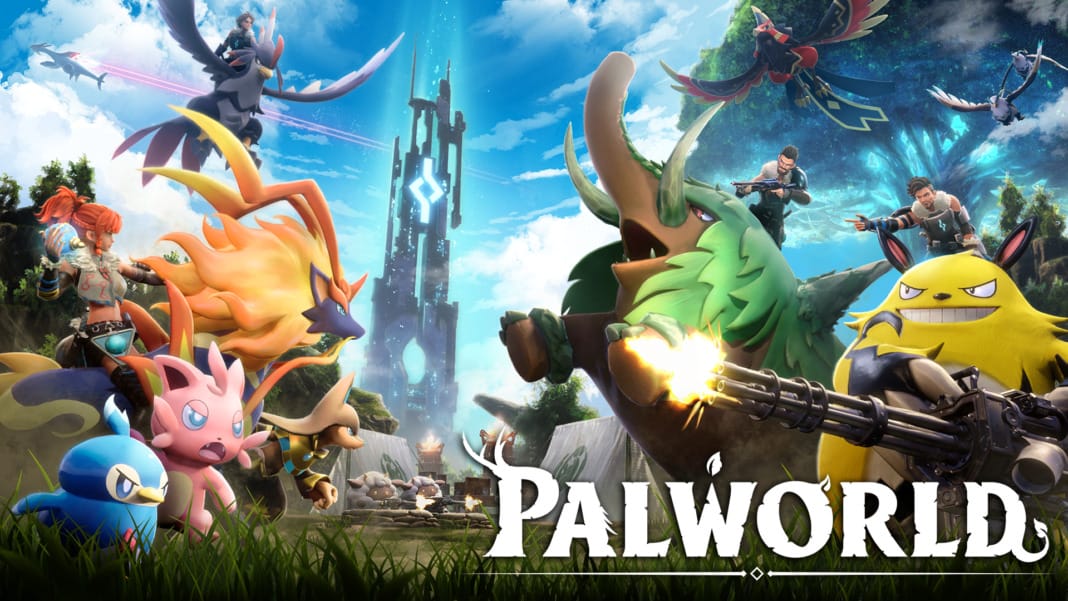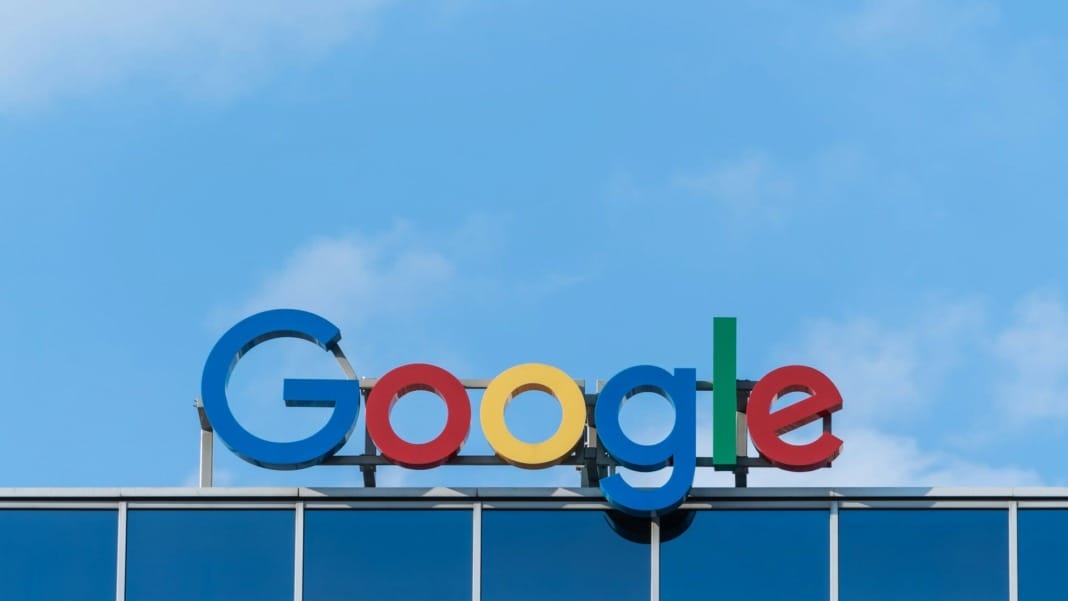In the ever-evolving gaming world, controversies often arise, and the latest one centres around the game Palworld, developed by Pocketpair. The Pokémon Company has finally addressed this growing sensation, releasing an official statement on Thursday. In the statement, the Pokémon Company clarifies that they have not granted permission to use Pokémon intellectual property or assets in the Palworld game. Additionally, they express their intention to investigate and take appropriate actions against Pocketpair if any potential infringement on Pokémon’s intellectual property rights is discovered.
Palworld: A phenomenon or plagiarism?
Palworld has become a remarkable success story in the gaming industry, selling over 8 million copies in less than six days. This astounding performance has propelled it beyond even the most renowned AAA titles. However, Palworld’s ascent to fame has not been without controversy. Many fans of the legendary Pokémon franchise have voiced concerns, alleging plagiarism and an uncanny resemblance to Pokémon.
The fusion of monster collecting and survival mechanics
Palworld’s innovative fusion of elements from various gaming genres sets it apart. The game seamlessly combines the concept of monster collecting, a hallmark of the Pokémon series, with survival and crafting mechanics. This unique blend has resonated with players who have longed for a fresh take on the monster-taming genre. Palworld’s success hints at a pent-up demand for innovation in a genre that Pokémon, despite its enduring popularity, has seemingly failed to evolve significantly.
The Pokémon Company takes action
In response to the escalating concerns and speculations, the Pokémon Company has issued an official statement on its website. The statement asserts, “We have received many inquiries regarding another company’s game released in January 2024. We have not granted any permission to use Pokémon intellectual property or assets in that game.” Furthermore, it clearly outlines the company’s intent to investigate and take appropriate measures to address any acts that may infringe on intellectual property rights related to Pokémon.
This statement represents the Pokémon Company’s first direct acknowledgement of the Palworld phenomenon. It conveys a strong message about the company’s commitment to protecting its valuable intellectual property and ensuring it is not used or exploited without proper authorisation.
Pocketpair’s defence
Amidst the ongoing controversy, Pocketpair, the developer behind Palworld, has staunchly defended its creation. They argue that the game is more similar to titles such as Ark Survival than Pokémon. Pocketpair’s CEO, Takuro Mizobe, has also expressed concerns about the negative comments and, alarmingly, even death threats that the development team has received.
Pocketpair’s defense raises questions about the fine line between inspiration and imitation in the gaming industry. While developers often draw inspiration from existing games, determining where homage ends and plagiarism begins is a central issue in the ongoing debate surrounding Palworld.
So what is next?
Palworld’s success has thrust it into the spotlight, both for its remarkable sales figures and the controversies it has stirred. The gaming community eagerly awaits the outcome as the Pokémon Company gears up to investigate potential intellectual property infringement. Will Palworld’s unique approach to the monster-taming genre lead to a showdown with the Pokémon franchise, or will it pave the way for a new era in gaming? Only time will provide the answers.
In an industry that highly values creativity and innovation, the case of Palworld reminds us of the importance of respecting intellectual property rights while also encouraging developers to push the boundaries of game design. As the gaming landscape continues to evolve, it remains to be seen how this controversy will impact the future of both Palworld and the Pokémon franchise.





